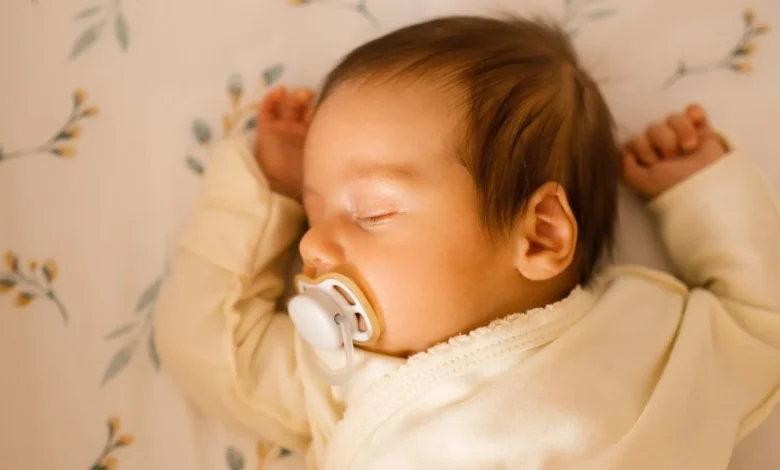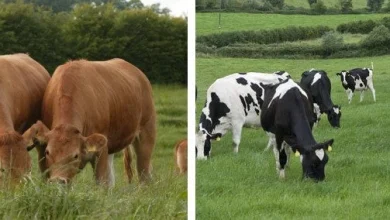Czechia’s shrinking birth rate threatens strained workforce, higher living costs

Czechia is confronting its worst demographic collapse in recorded history. Fertility fell to its lowest since records began in 1806, and migration has turned negative for the first time in years. Policymakers have yet to mount a decisive response, placing the nation on a path that could strain its workforce, social services, and economy.
New data from the Czech Statistical Office show the Total Fertility Rate (TFR) fell to 1.37 children per woman in 2024, the lowest since records began. The trend worsened into the first half of this year, with just 37,435 children born. Demographers estimate that fewer than 75,000 children will be born this year, a historic low.
“We are now recording a truly unprecedented decline in fertility to a level that could reach 1.25 for the current year,” said Jiřina Kocourková, head of the Department of Demography at Charles University, in an interview with Czech Television.
Adding to the crisis, the country’s traditional migration buffer has evaporated. Preliminary data from the ČSÚ show a negative migration balance in the first half of 2024 of –7.6 thousand. Many of those leaving were residents whose temporary protection status expired.
This net population loss comes at a time when the state most needs workers. Without intervention, the share of residents aged 65 and above is projected to rise from 20 percent today to 30 percent by 2050, Kocourková adds, placing a growing fiscal burden on a declining workforce.
Political instability intensifies the problem
While foreign workers could be expected to step in to fill the gap, the resignation of Prime Minister Petr Fiala’s government on Nov. 6, 2025, has created a policy vacuum, delaying key immigration and labor reforms.
A mobility-industry report from VisaHQ noted: “The highly‑anticipated 2026 economic‑migration quota decree could now be issued late… discretionary policy improvements are effectively frozen until a new cabinet is confirmed.”
With acting ministers in place and limited mandates, reforms, such as the Digital Nomad scheme update and immigration quota setting, cannot move forward.
Fourth-child benefit could fall flat
Meanwhile, the incoming coalition under Andrej Babiš’s ANO party has promised higher child benefits, but analysts say these modest steps are unlikely to reverse the downward fertility trend. The coalition rhetoric complements this, promising a significant tax deduction for the fourth and subsequent child.
“The only truly sustainable solution against Europe’s extinction is to increase the birth rate of our own, indigenous population,” Babiš told the Czech News Agency in 2021.
Ultimately, experts point to deep-seated economic issues as the blocker. Demographer Eva Waldaufová, in a paper published by the Czech Statistical Office, noted that while the majority of the population still desires two children, “realistic intentions remain lower… owing to economic uncertainty, unaffordable housing, and a lack of government support.”
Every business has a story. Let’s make yours heard. Click here




